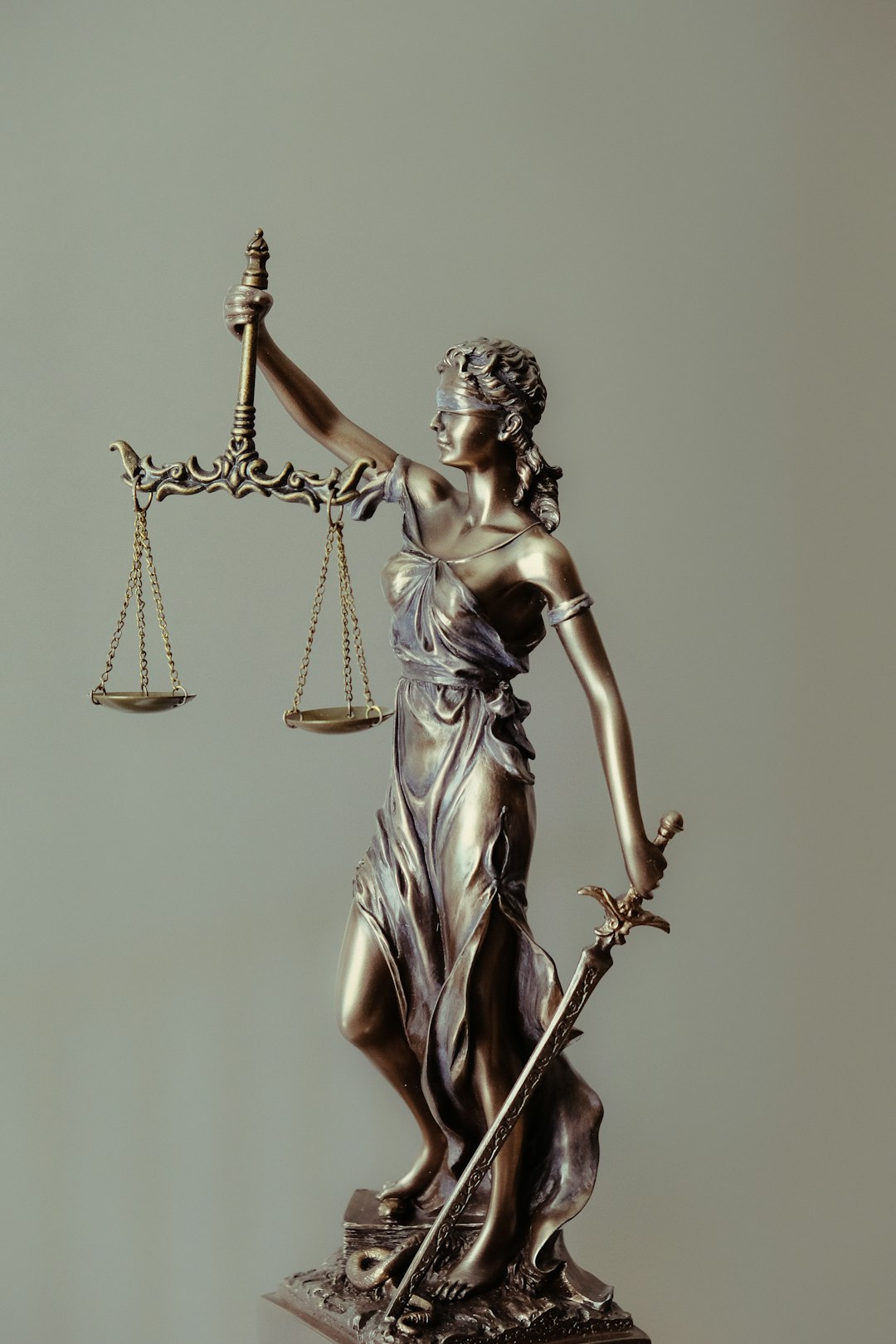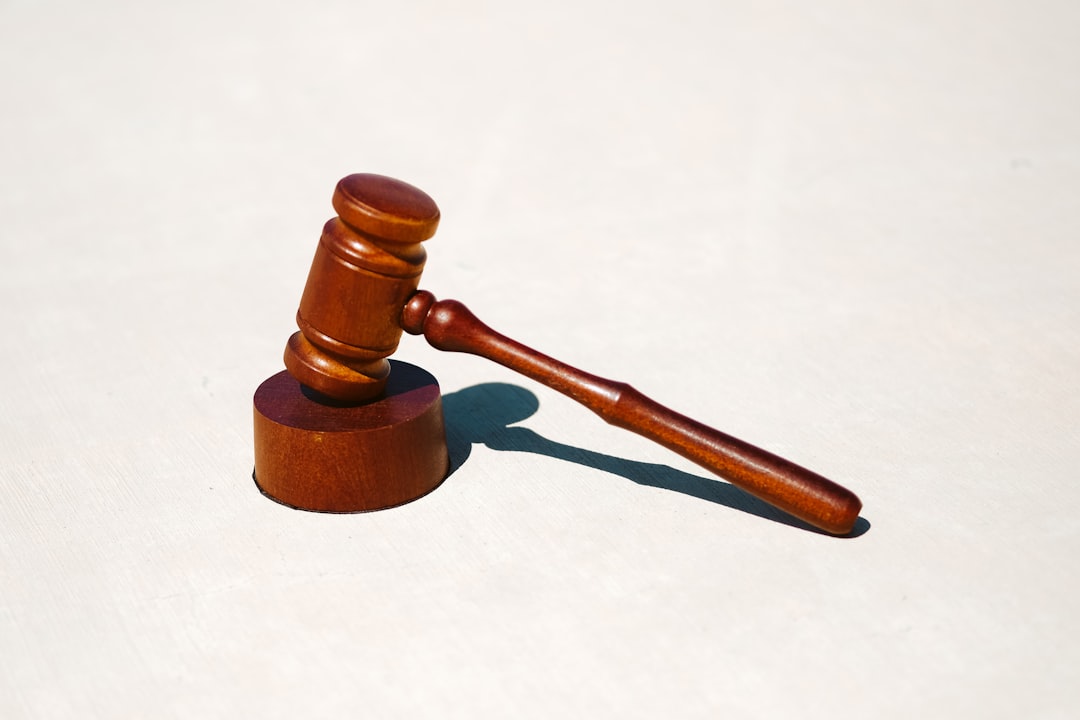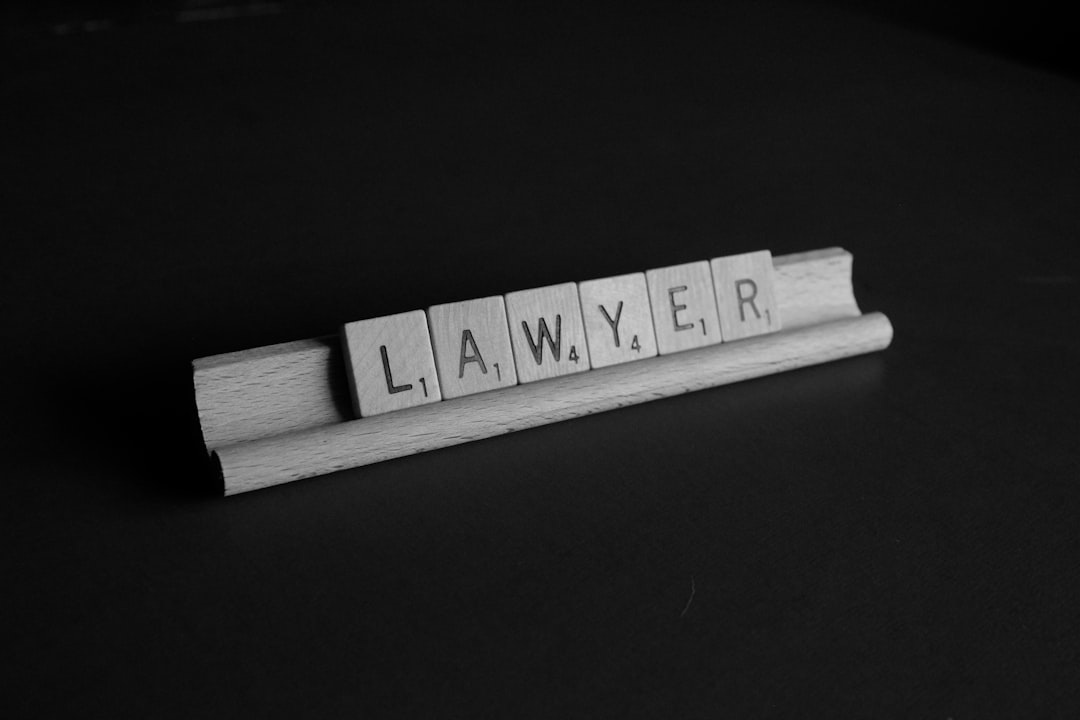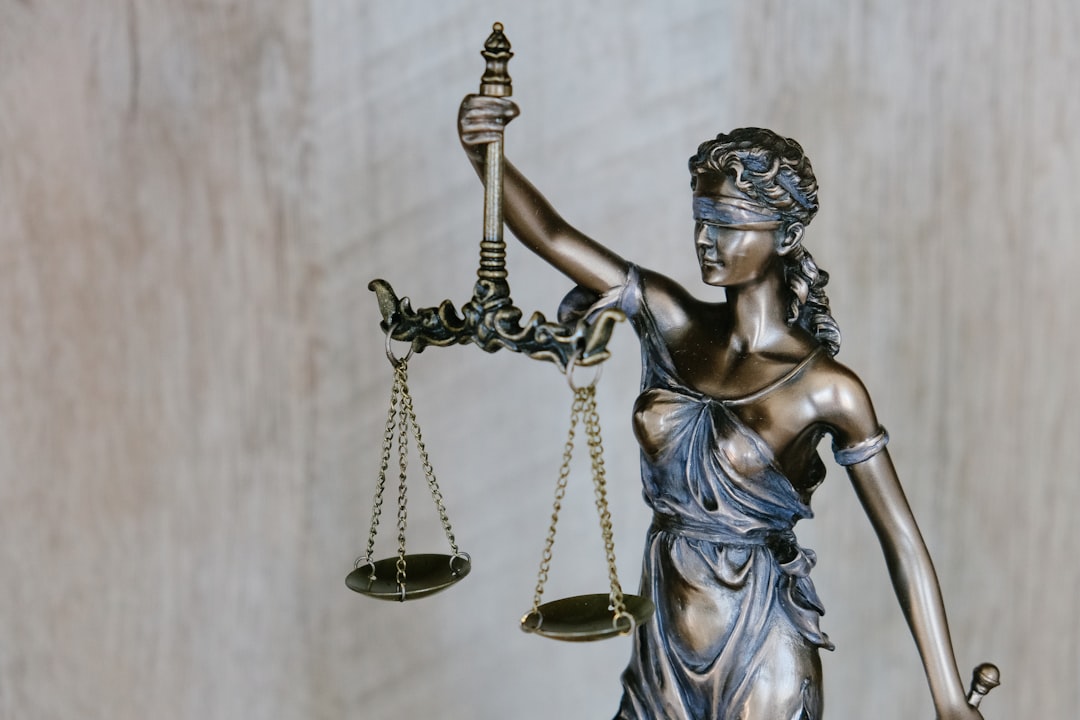Virginia residents plagued by unwanted phone calls, including robocalls and pranksters, have legal protection under state consumer protection laws. Consulting a lawyer for Unwanted call Virginia specializing in TCPA regulations can help navigate these complexities. Legal experts guide clients through evidence collection, drafting cease-and-desist letters, filing complaints, and taking action to stop harassing calls, ensuring rights are upheld.
In Virginia, residents often face a persistent problem with unwanted calls, leading many to seek legal recourse. This article explores the intricate web of laws and rights surrounding telemarketing practices, offering clarity on what constitutes harassment. We delve into the options available to victims, empowering them with knowledge about their legal standing. Moreover, understanding the role of a lawyer in navigating these disputes is crucial for those seeking effective solutions to unwanted calls in Virginia.
Understanding Virginia's Telemarketing Laws

Virginia has specific laws in place to protect residents from unwanted telemarketing calls, often referred to as robocalls. The Virginia Code outlines that telemarketers must obtain written consent from consumers before making any sales or marketing-related calls. This means that if a resident of Virginia receives a phone call from a telemarketer without prior consent, it could be considered an illegal practice.
In such cases, a resident may seek legal advice from a qualified lawyer for Unwanted Call Virginia. These attorneys can guide individuals on how to navigate the state’s consumer protection laws and take appropriate action against violators. Understanding one’s rights under these laws is crucial in dealing with unwanted calls effectively.
What Constitutes Unwanted Calls?

Unwanted calls, a pervasive issue in today’s digital era, refer to any telephone communication initiated without the consent or invitation of the recipient. This includes, but is not limited to, telemarketing calls, robocalls, and prank calls. In Virginia, where residents often rely on their phones for personal and professional communications, dealing with unwanted calls can be particularly frustrating.
When a Virginia resident receives calls that they did not solicit or agree to, it becomes a legal matter. A lawyer specializing in unwanted call cases can help navigate the complex regulations surrounding these calls, such as the Telephone Consumer Protection Act (TCPA). These professionals ensure that residents’ rights are protected and assist them in pursuing justice or compensation for any harassment or disruption caused by unwanted telephone communications.
Legal Options for Victims of Harassment

If you’re a Virginia resident enduring relentless unwanted calls, know that there are legal options available to protect your rights and put an end to this harassment. The first step is to identify the source of the calls and gather evidence, such as call logs and any recorded interactions. This documentation will be crucial if you decide to take legal action.
One common course of action is to involve a lawyer specializing in unwanted calls or consumer protection law. In Virginia, such attorneys can help you understand your rights under state laws, like the Virginia Consumer Protection Act, which prohibits deceptive or abusive practices in commerce, including harassing phone calls. They may also assist in sending a cease and desist letter to the caller, filing a complaint with regulatory bodies, or even pursuing legal action to stop the unwanted calls once and for all.
The Role of a Lawyer in Resolving Disputes

When dealing with unwanted calls, Virginia residents often find themselves in a complex legal landscape. In such situations, hiring a lawyer specialized in handling unwanted call cases can be invaluable. Legal professionals equipped with knowledge of Virginia’s consumer protection laws play a pivotal role in resolving disputes effectively.
A lawyer for unwanted call Virginia can provide tailored guidance and representation, ensuring residents’ rights are protected. They possess the expertise to navigate legal complexities, draft cease-and-desist letters, and take necessary actions against violators. By engaging a legal expert, individuals can gain peace of mind and increase their chances of putting an end to harassing phone calls.






